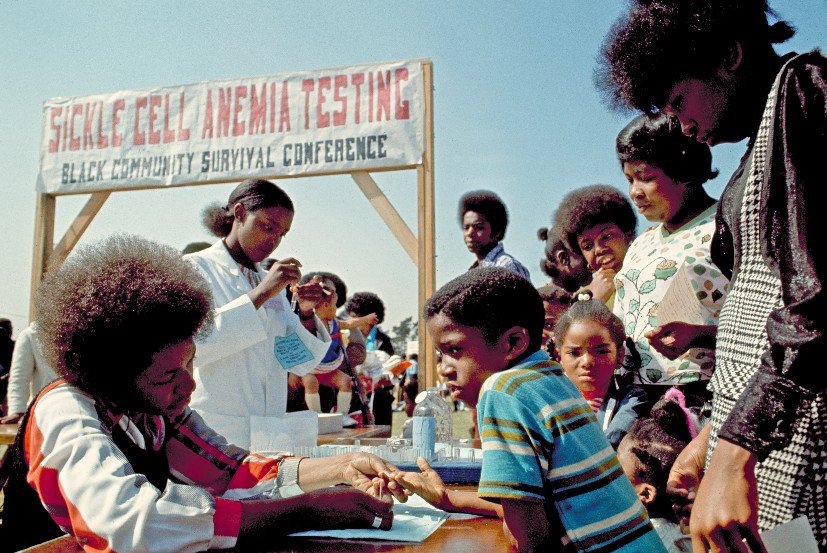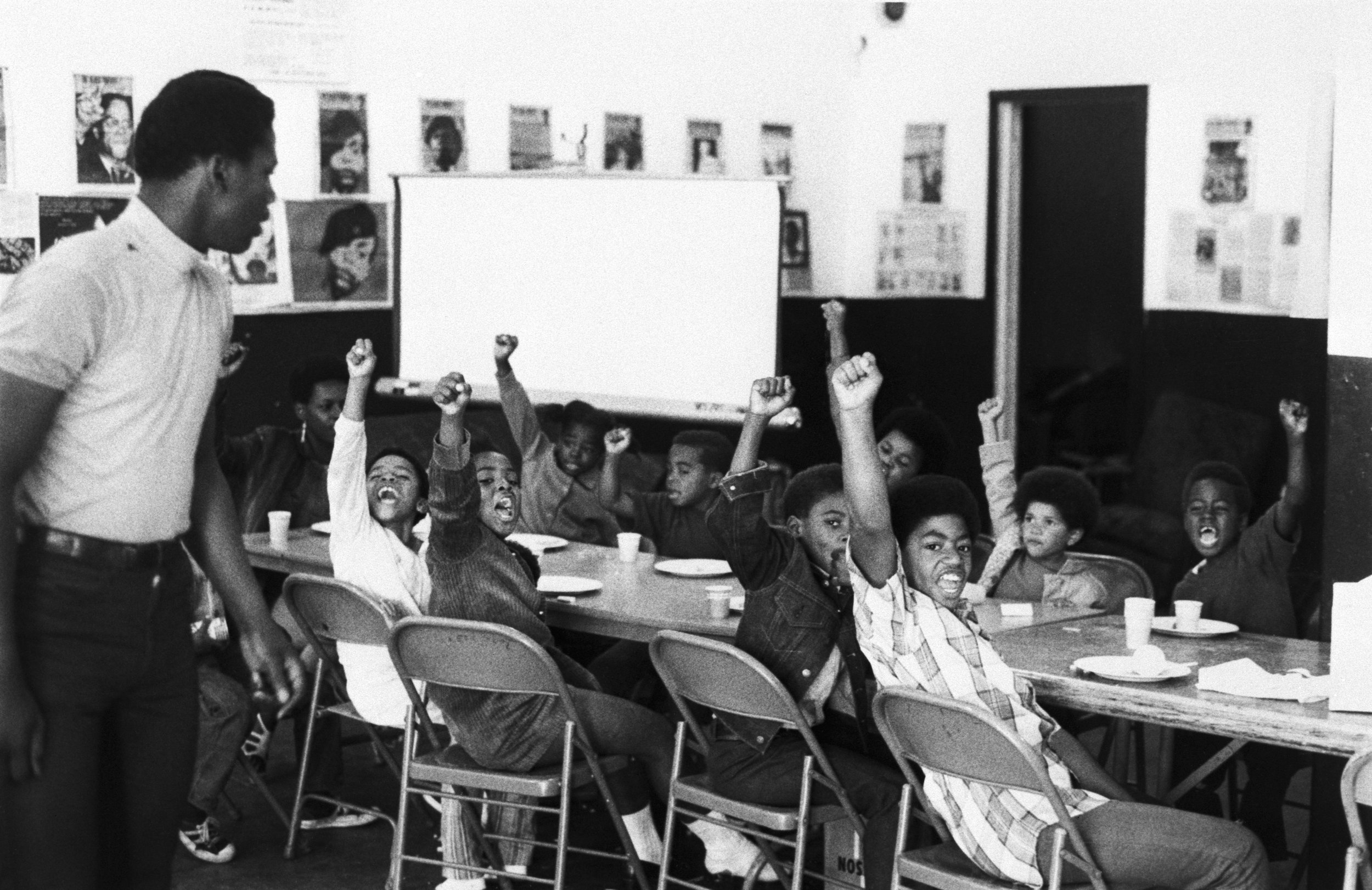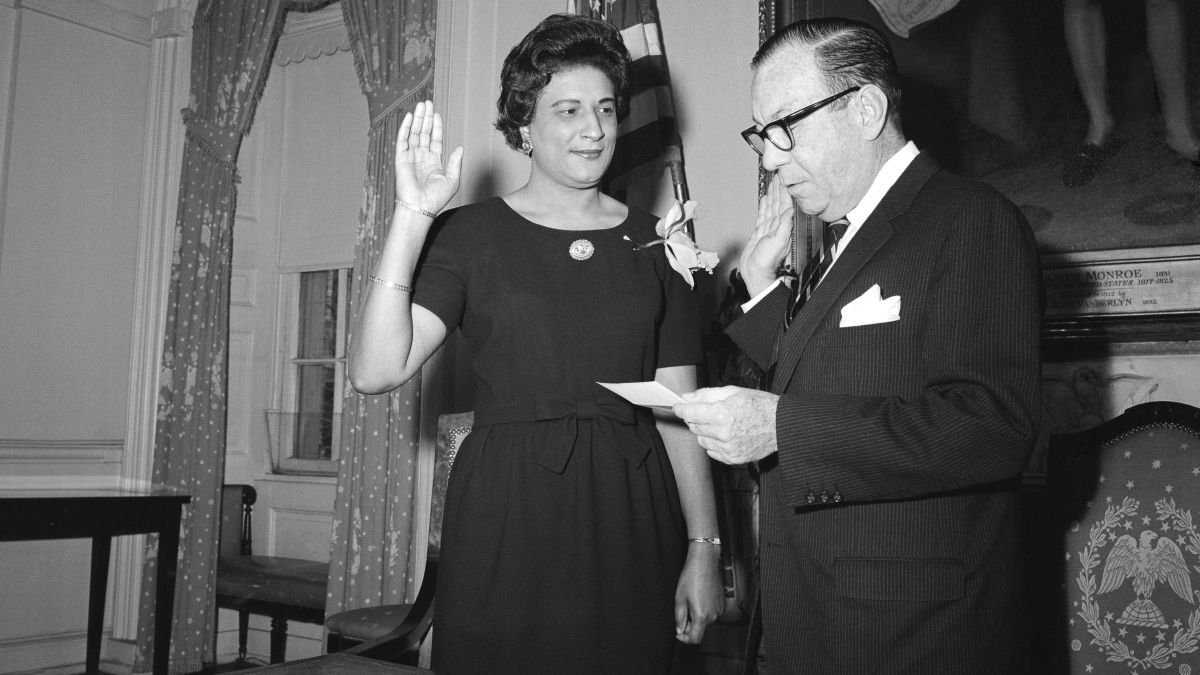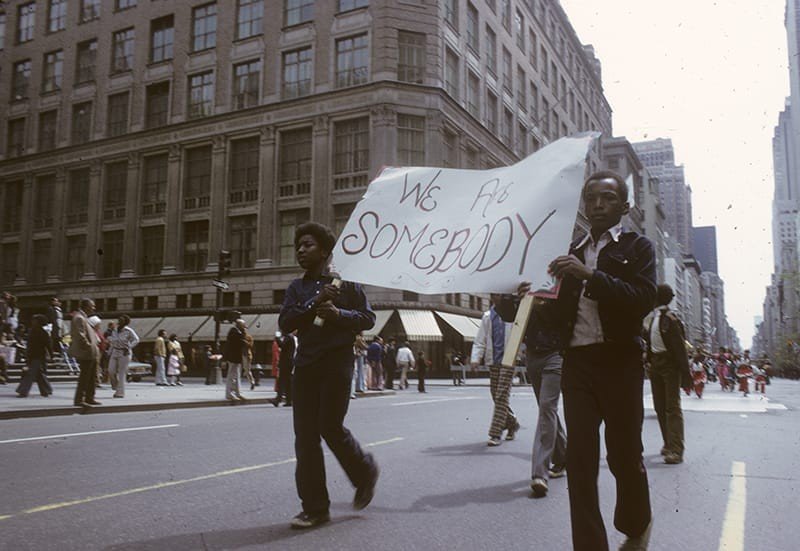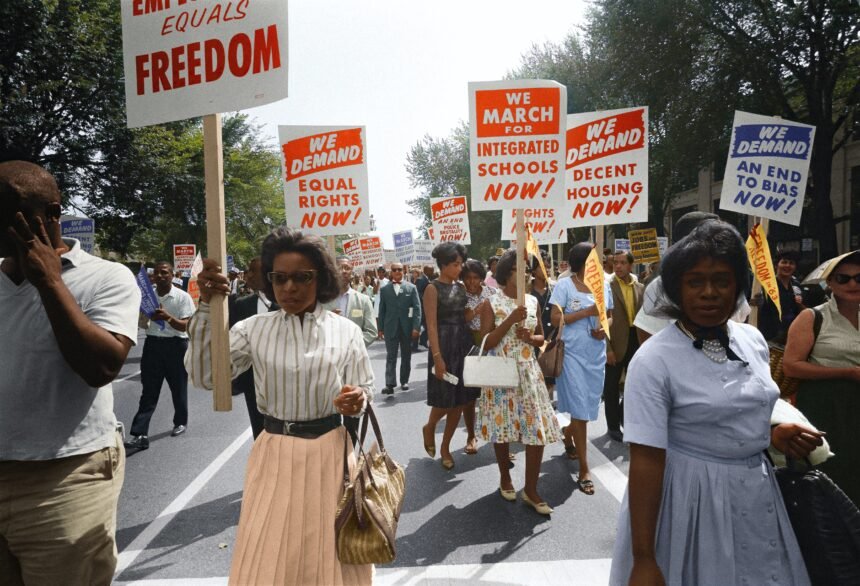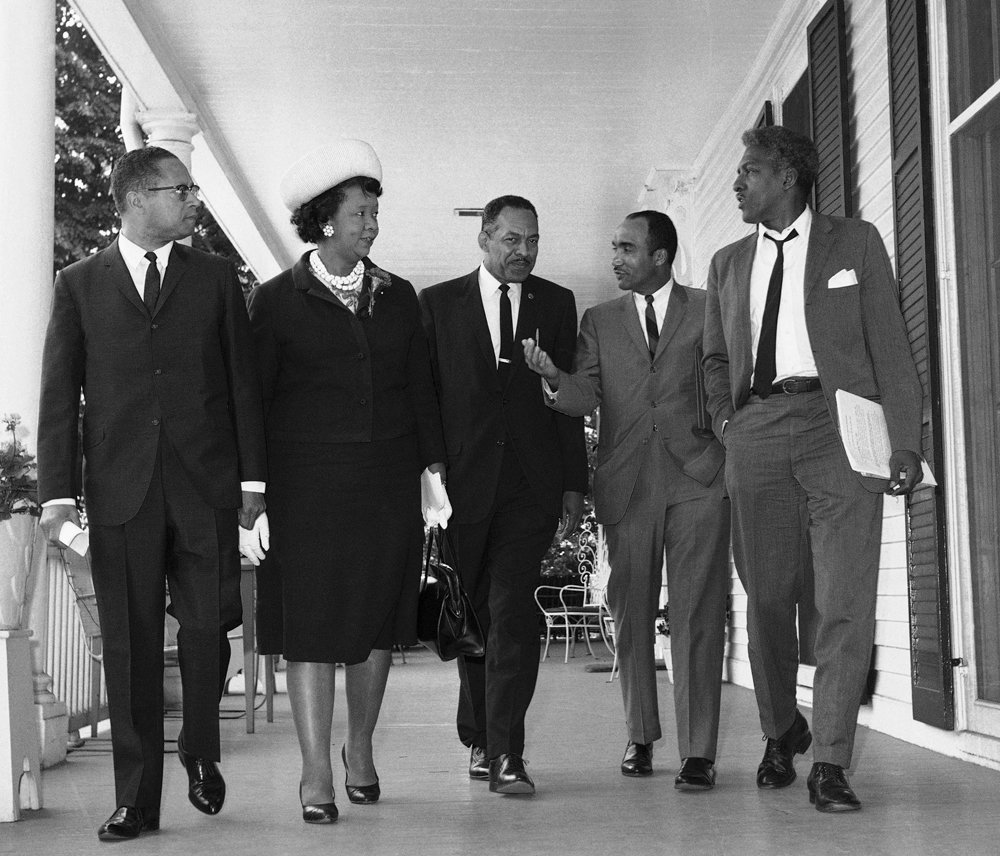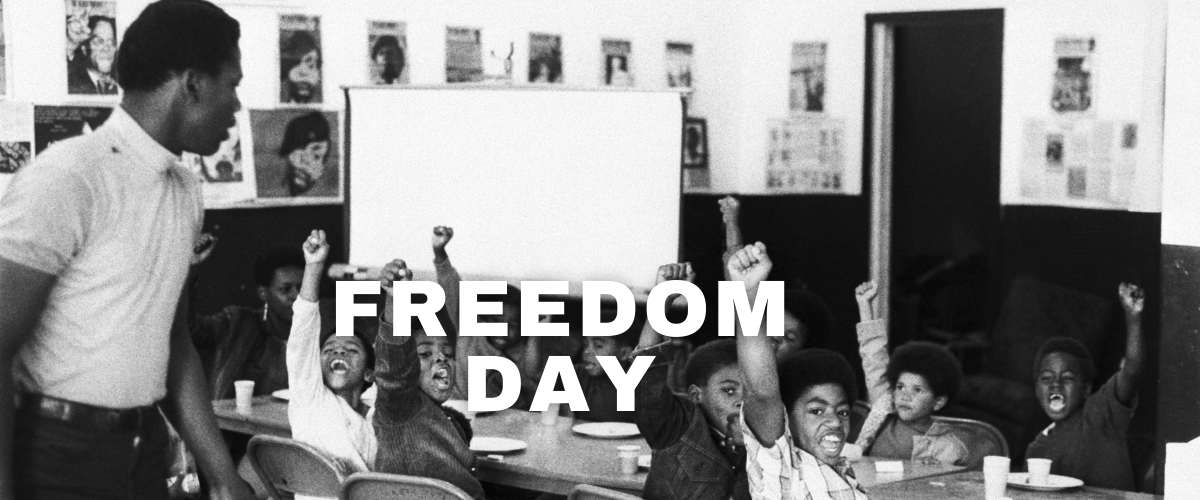
NAAM’s Freedom Day celebrates history, culture, equity, and freedom while highlighting the importance of sharing these ideals with ALL members of our community. Freedom Day is a FREE admission day at NAAM offered once a month that provides a variety of community activities, museum activations, and programs for individuals and families of all ages to enjoy at no cost. NAAM uses Freedom Day to spotlight significant and sometimes lesser known moments throughout history that have worked to advance freedom for all.
Join NAAM for Freedom Day on May 3
On May 3, we celebrate Freedom Day—commemorating the landmark 1948 Supreme Court decision Shelley v. Kraemer, a turning point in the legal battle against housing discrimination in the United States. This case wasn’t just about a single family or a single home. It was about who gets to belong—and who gets to build a future—in America.
Before Shelley v. Kraemer, racially restrictive covenants were a widespread and legal tool used by white homeowners, developers, and governments to keep Black families and other people of color out of certain neighborhoods. These covenants, written into property deeds, explicitly barred the sale of homes to non-white buyers. Backed by realtors, banks, and federal housing policies, this practice created rigidly segregated cities and denied Black families access to safe, stable neighborhoods with good schools, job opportunities, and rising property values.
In the face of this systemic exclusion, Black communities resisted. They organized, filed lawsuits, created mutual aid housing cooperatives, and risked personal safety to fight for the basic right to live where they chose.
In Shelley v. Kraemer, that fight reached the nation’s highest court. J.D. and Ethel Shelley, a Black couple in St. Louis, purchased a home unaware that the property was subject to a restrictive covenant. When a white neighbor, Louis Kraemer, sued to stop the sale, the Shelleys—alongside a powerful network of civil rights advocates—challenged the legality of these covenants. The U.S. Supreme Court ultimately ruled that while private individuals could still write such covenants, the courts could not enforce them without violating the 14th Amendment’s Equal Protection Clause. This was a critical win.
Did you know?
The decision didn’t end housing discrimination overnight, but it cracked the foundation of legalized segregation and opened the door to future civil rights victories like the Fair Housing Act of 1968. But the impact of historical discrimination is still felt today:
As of 2022, only 44.9% of Black Americans own their homes, compared to 74.5% of white Americans—a nearly 30-point gap that has barely changed since 1968. (U.S. Census Bureau, 2022)
The average Black family holds only about 15–20% of the wealth of the average white family. (Federal Reserve, 2022)
A 2018 study found that homes in Black neighborhoods are undervalued by $48,000 on average, costing Black homeowners $156 billion in lost equity.
(Source: Brookings Institution, “The Devaluation of Assets in Black Neighborhoods”)Even today, Black applicants are denied mortgages at twice the rate of white applicants, despite having similar financial profiles. (National Association of Realtors, 2022)
Why This Matters Today
Because housing is everything. Housing is not just about where we live—it’s about how we live. It determines access to good schools, healthcare, clean air, job opportunities, and more. It’s stability. It’s safety. And, it’s the largest driver of generational wealth in the United States. But due to decades of discriminatory policies like redlining, racial covenants, and predatory lending, Black families have been systemically locked out of this opportunity—leading to a persistent racial wealth gap that continues today.
As we celebrate Freedom Day, we uplift the legacy of the Shelleys and countless others who refused to accept injustice as the norm. We remember that fair housing is not just a legal right—it’s a pathway to freedom, dignity, and economic empowerment.
Let this day remind us that the struggle for housing justice is not over. But with awareness, action, and community, we can continue the work of building a future where everyone has a fair chance to thrive.
